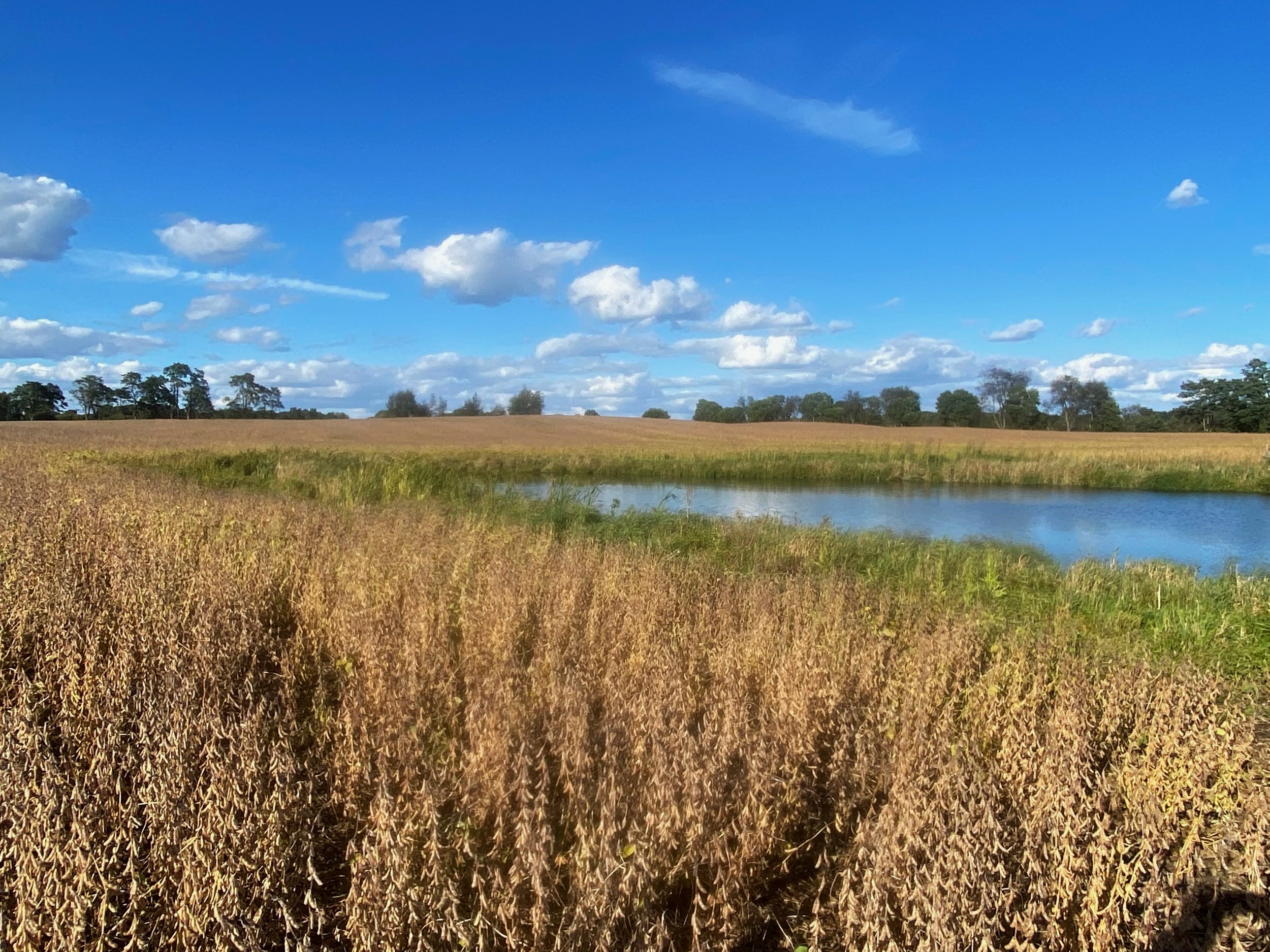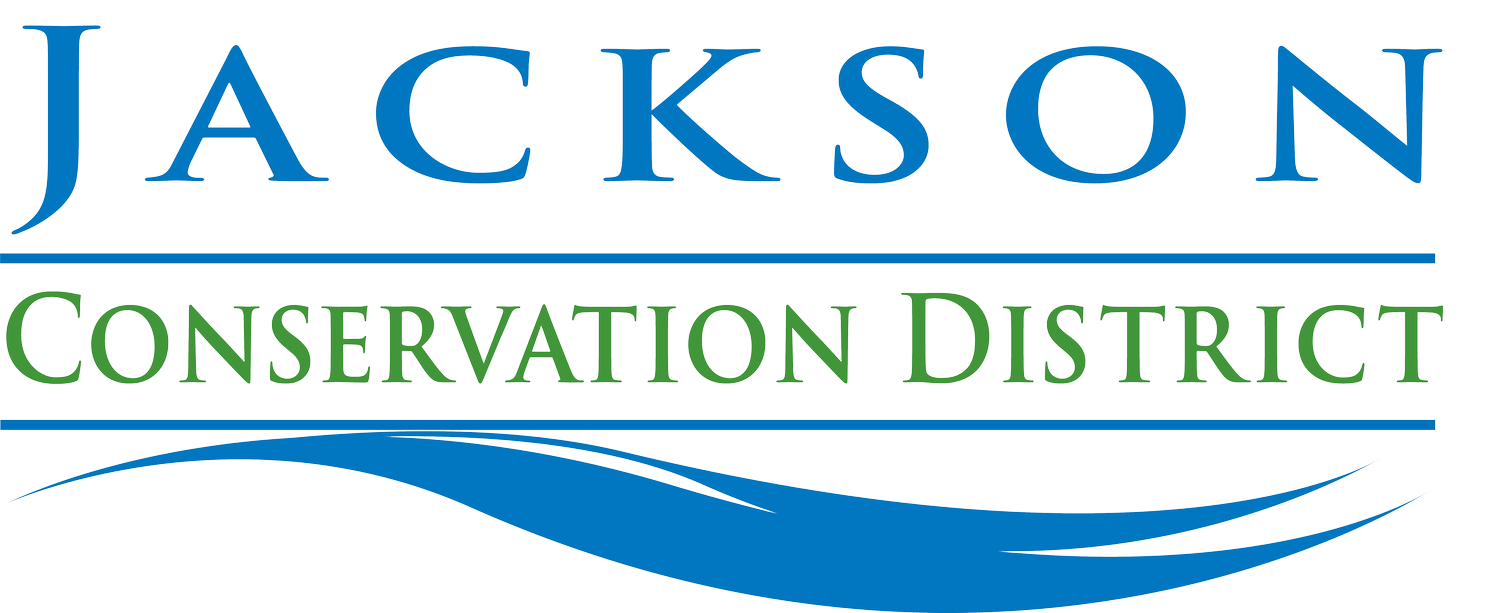
MAEAP / CTAP
Conservation Technical Assistance Program (CTAP)
In 2024, MAEAP Technicians were renamed CTAP Technicians, as MAEAP transitioned into one of two sub-programs under the new Conservation Technical Assistance Program. CTAP is now comprised of MAEAP and the Regenerative Agriculture Program (RAP)
MAEAP:
The Michigan Agricultural Environmental Assurance Program (MAEAP) is an innovative, proactive program that helps farms, of all sizes and all commodities, voluntarily minimize agricultural pollution risks. MAEAP was developed by a coalition of farmers, commodity groups, state and federal agencies, and conservation and environmental groups.
In a state as agriculturally diverse as Michigan, a one-size-fits-all approach to environmental protection simply does not work. That's why MAEAP offers four customized systems (Cropping, Livestock, Farmstead, and Forestry, Wetland and Habitat) to meet the specific needs of farmers. From greenhouses to dairy farms, there's a place in MAEAP for everyone.
MAEAP verification is a three-step process:
• Step 1 - On Farm Risk Assessment Using a risk assessment tool, you will devise operation-specific and economically viable solutions with the help of a technician to address the environmental impacts of your farm.
• Step 2 - Implementing the Action Plan Your technician will guide you through the completion of your action plan. The plan outlines specific steps to ensure your operation is in compliance with the Generally Accepted Agricultural and Management Practices (GAAMPs).
• Step 3 - Third Party Verification At your request, the Michigan Department of Agriculture and Rural Development will verify that your operation has met the requirements of Steps 1 and 2 and that the farm is following the GAAMPs. Operations are re-verified every 5 years.
There are several reasons to get MAEAP verified:
• Reduce your legal and environmental risks by using proven scientific standards.
• Show your peers, neighbors and community that environmental stewardship is important to you.
• Balance efficient production and sound environmental practices to grow your business and protect our air, land and water.
• Help ensure safe storage of fuel, fertilizer and pesticides.
• Develop emergency plans to prepare for the unexpected and protect you, your employees and first responders.
RAP:
Regenerative agriculture is an active approach to land management driven by the goal of improving soil health. Rather than a rigid set of rules, it embraces a blend of sustainable farming methods tailored to each farmer’s needs. By adopting regenerative agricultural practices, farmers and landowners can be profitable while restoring healthy soils and safeguarding the state’s natural resources for future generations.
CTAP technicians are now offering RAP soil health assessments and soil testing. These assessments are separate from MAEAP, and are not required for MAEAP verification.
RAP soil health assessments analyze several indicators of soil health, including water infiltration, soil temperature, compaction, aggregation, and biological activity. The technician will assess a well-performing field, a poor-performing field, and a fallow area (generally a fencerow) to see how farming practices have impacted soil health.
Soil samples will also be collected at each site. Within 8-10 weeks, the Cornell Soil Health Lab will send a 10-page soil health report along with potential management strategies for improvements.
Both MAEAP and RAP assessments are free, confidential, and voluntary. Contact CTAP Technician Joselyn Ralph at joselyn.ralph@macd.org or 517-395-2087 for more information on these programs.


